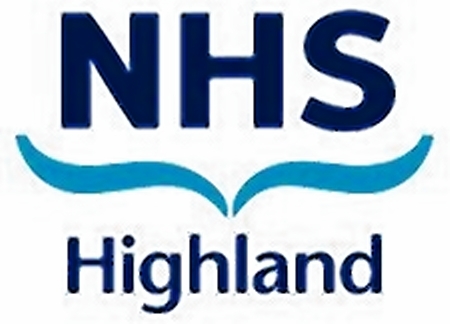Hundreds of home care staff across the north are to be balloted over possible industrial action that could deprive vulnerable Highlanders of vital support.
A provisional ballot of GMB union members – thought to comprise 350 of the region’s 900 home carers – will be circulated tomorrow.
It will give colleagues 10 days to consider the premise of industrial action. Depending on the feedback, a further ballot would consider the form that future action might take.
The dispute centres on union concerns about changes to contracts and alleged “bullying” by NHS Highland.
The GMB claims a switch from council to NHS contracts will lead to its members doing five jobs rolled into one and dramatically decrease mileage allowance.
Regional officer Liz Gordon said: “They’d be paid less for doing more – 50p per hour less, even though they’re on ‘pay protection’.
“We’ve had carers phoning us in absolute panic, being told they’ll be taking blood and giving treatment such as enemas. These are things done by nursing staff.
“But district nurses are now saying to carers ‘oh, I hear you’re going to be doing the bloods from now on’.”
The health board expressed “disappointment” that a balloting process had begun. It sees the action as targeting its “north and west” operational area, where discussions had been held about the new job description.
The board sees “geographical differences and variations” between plans for new care-at-home roles in the core Moray Firth area and north-and-west, covering Caithness, Badenoch and Lochaber.
Ms Gordon, however, said: “North and west are affected more because of the mileage issue but the job description applies to both units.”
The board is “puzzled” by the union’s claim of “absolute panic.”
A spokesman said: “During the course of all our discussions, we made it clear nobody would be asked to do any task they hadn’t been trained for or were not fully competent and confident in carrying out.
“Only a small number of staff will require training to carry out some new procedures. We believe the new roles offer increased training opportunities and the chance for our carers to develop new skills.”
